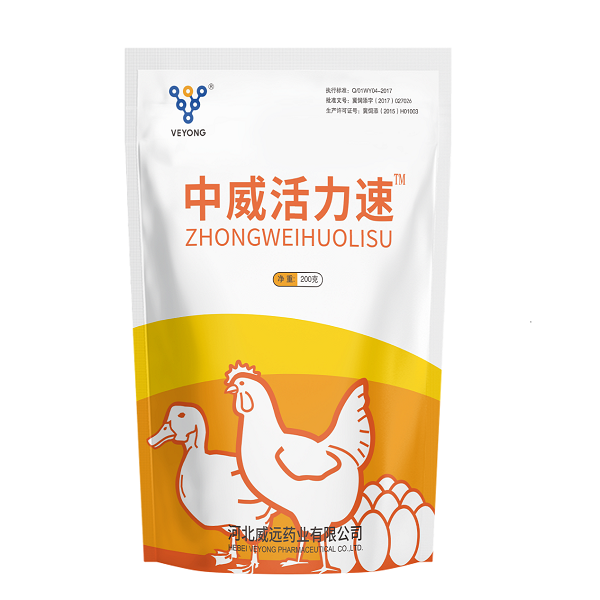A stakeholder study has been launched to inform the revision of EU legislation on feed additives.
The questionnaire is targeted at feed additive manufacturers and feed producers in the EU and invites them to provide their thoughts on the polcy options developed by the European Commission, the potential effects of those options and their feasibility.
The responses will inform an impact assessment planned in the context of the reform of Regulation 1831/2003
A high level of participation by the feed additive industry and other interested stakeholdersin the survey, which is being administered by the ICF, will strenghten the impact assessment analysis said the Commission.
The ICF is providing support to the EU executive in preparation of the impact assessment.
F2F strategy
EU rules on feed additives ensure that only those that are safe and effective can be sold in the EU.
The Commission sald the update make it easler to bring sustainable and innovative additives to market and to streamline the authorization process wthout compromising health and food safety.
The revision, it addes, should also make livestock farming more sustainable and reduce its environment impact in line with the EU Farm to Fork( F2F) strategy.
Incentives needed for generic additive producers
A key challenge for the decision makers, notesd Asbjorn borsting, FEFAC president, back in December 2020, will be to keep supplier of feed additives, especially generic ones, motvated apply, not only for authorization of new substances, but also for renewal of authorization of exsting feed additives.
During the consultation phase early last year, where the Commisson also sought feedback on the reform, FEFAC ralsed the challenges around securing authorization of generic feed additives, in particular in relation to technological and nutritional products.
The situation is critical for minor uses and for certain functional groups such as antioxidants with few substances left. The legal framework must be adapted to reduce the high costs of the (re-) authorization process and provide applicants incentives to submit applications.
The EU is too dependent on Asia for its supply of certain essential feed additives, in particular those produced by fermentation, due in a large part to the gap in regulatory production costs, said the trade group.
“This puts the EU not only at risk of shortage, of supply of key substances for animal welfare vitamins but also increases the vuinerability of the EU to fraud.
Post time: Oct-28-2021


.png)
.png)
.png)
.png)